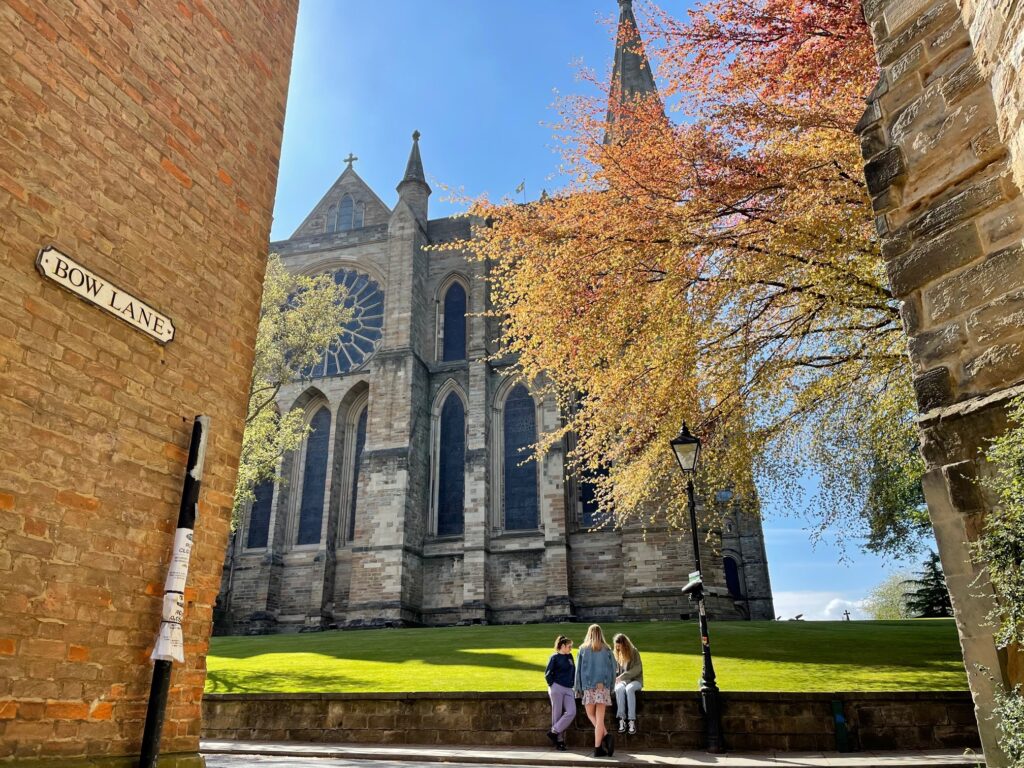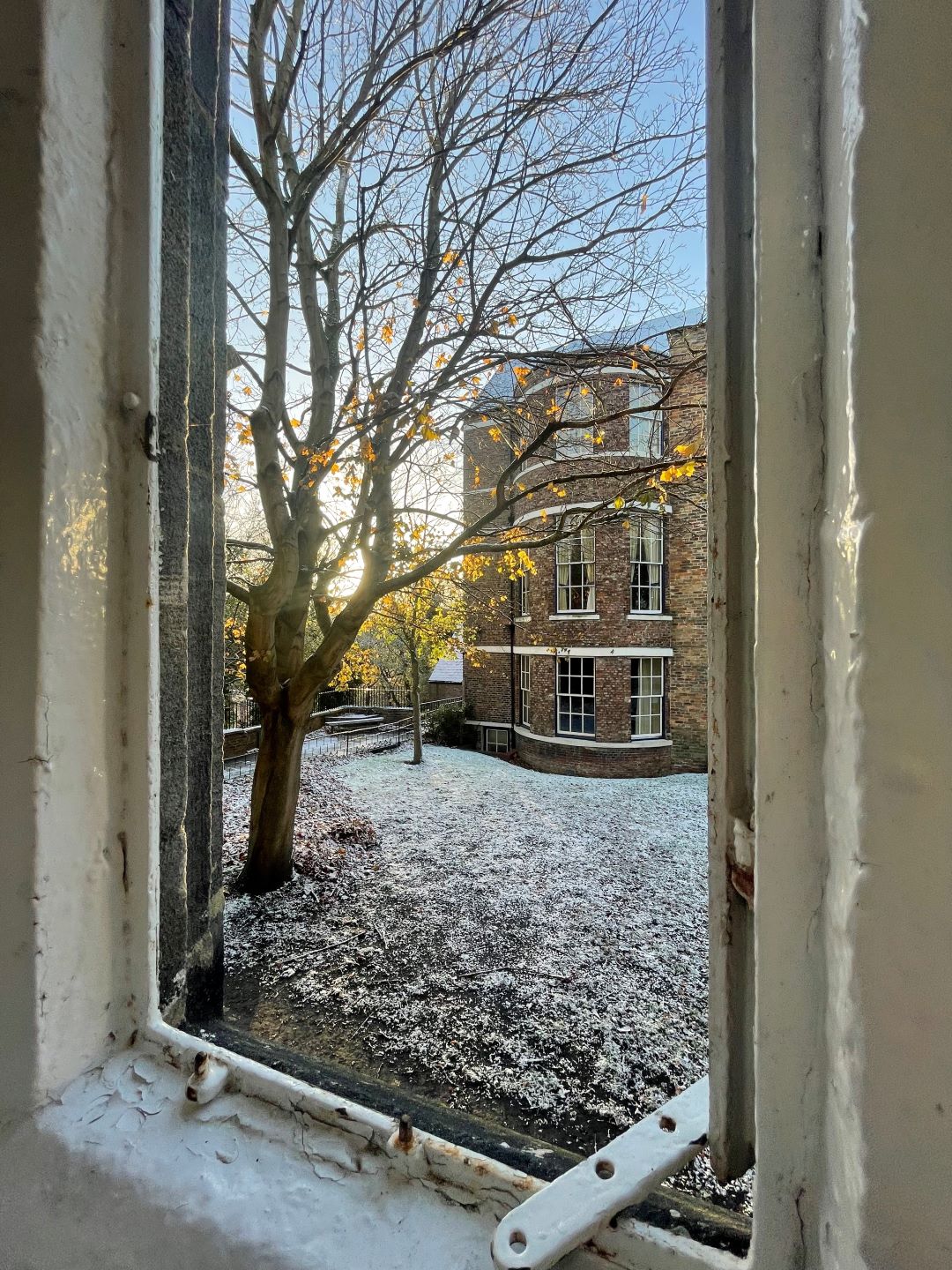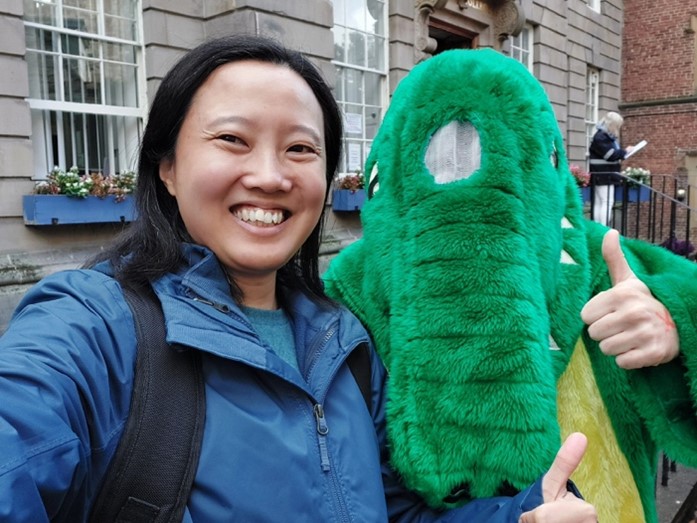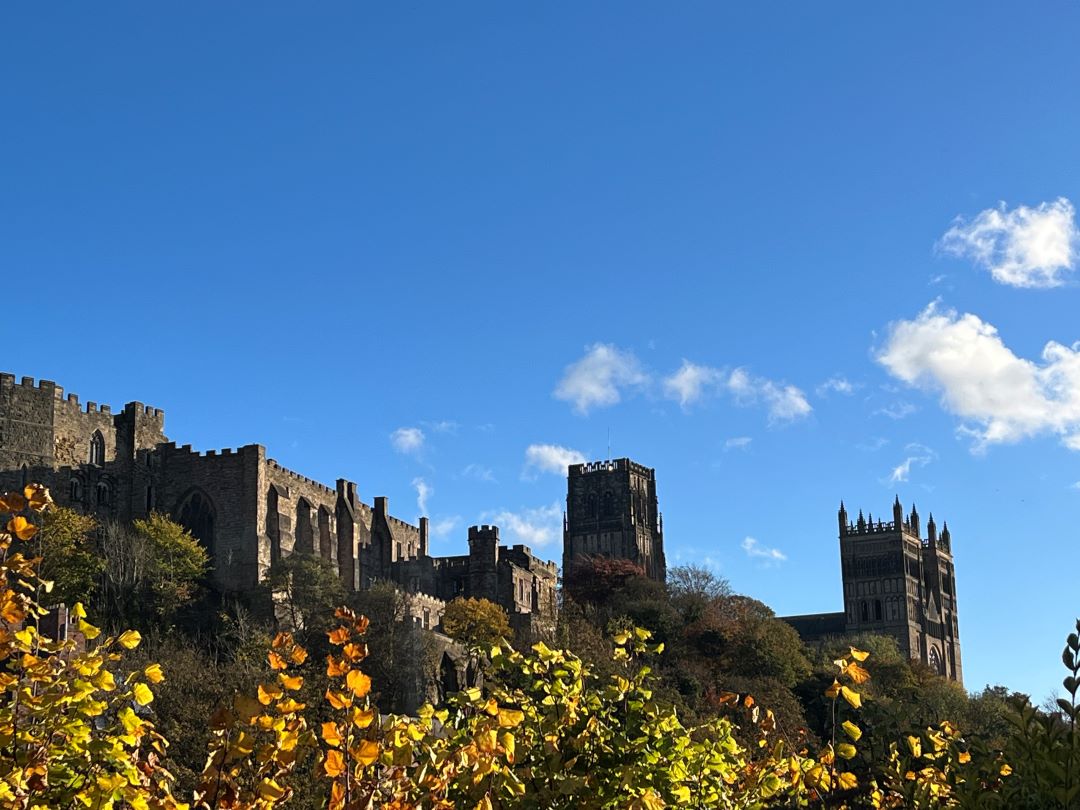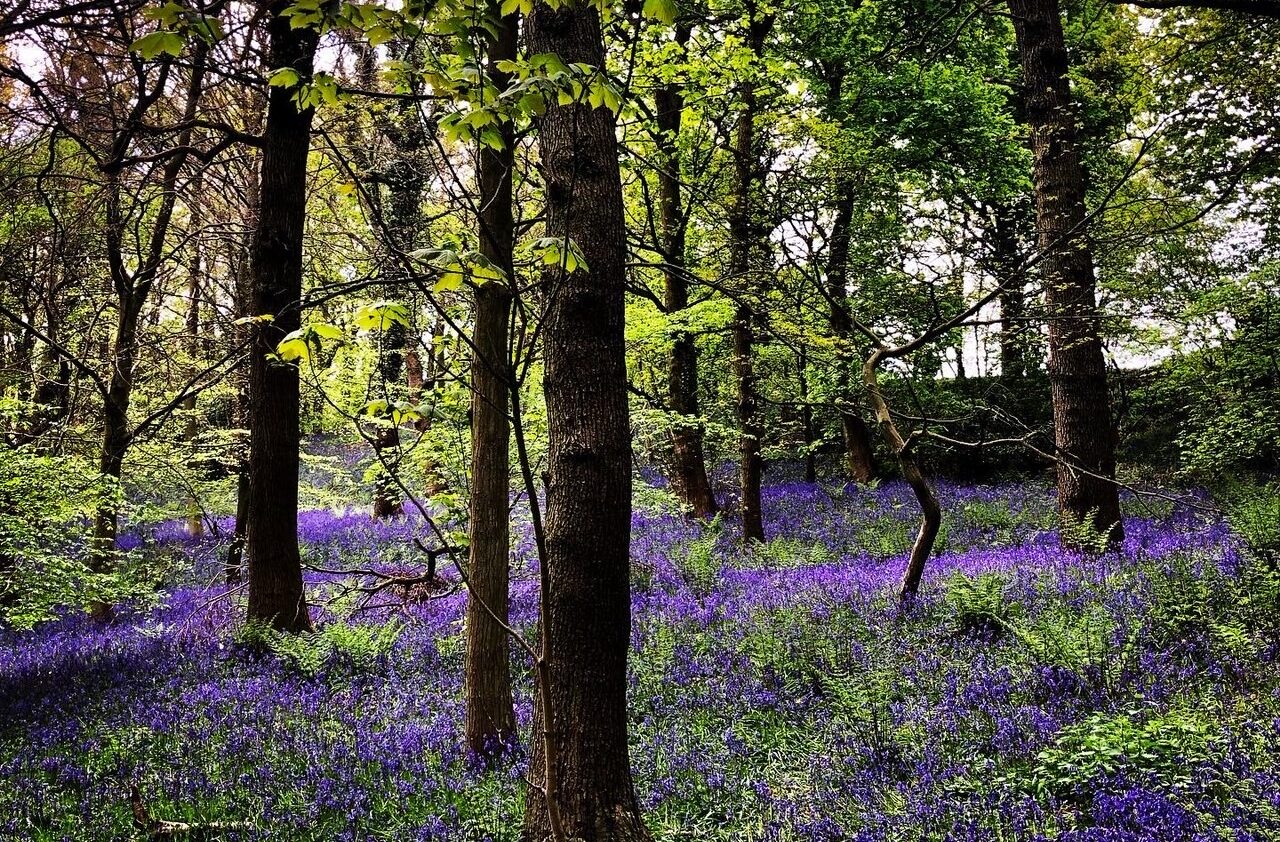When I was applying to university, I realised there was a whole world of vocabulary I just didn’t understand. I’d be sitting in university talks, with new words being thrown at me left, right and centre. Suddenly, everyone expects you to know and understand terms such as lecture, seminar, halls, credits and so on. Then you start looking at websites for each university, and they all have their own specific language too!
In order to demystify this jargon, I have put together a list of words (both Durham specific and more general!) that I learned whilst applying to university, and even some that I learned once I got here.
Durham-specific terms
College
One of the first things you’ll hear when you consider applying to Durham is ‘college’ or ‘collegiate system’, and it’s essentially our equivalent to any halls of residence you might stay in, in your first year. In contrast to other first-year accommodation, however, colleges also offer clubs and societies, and you stay associated with them throughout your degree. Durham has 17 colleges in total, and 16 of them are for undergraduates and postgraduates (Ustinov is a dedicated postgraduate college). You can find out more about all of Durham’s colleges on the university website here.
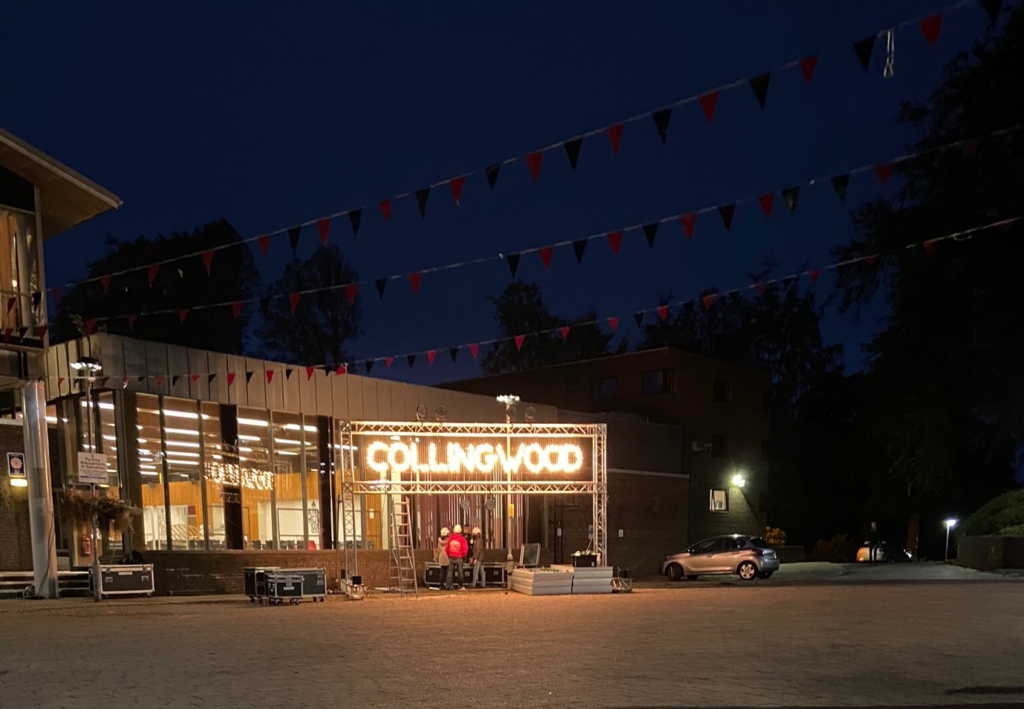
JCR
The JCR, or junior common room, is the body that represents undergraduates in your college. It is student-run, by elected officers and organises all aspects of your college to enhance your student experience. The JCR also refers to a physical space in your college, where students can go to relax. In my college, our JCR has ping pong tables, pool tables, a gaming area, TVs and a toastie bar!
Formals
Formals are a big part of Durham life, and they can sound a little odd when you first hear about them! But they are basically just a night when you get to dress up and have a sit-down dinner with your friends! At my college, these are very laid back – often we even have fancy dress formals! Sometimes they are followed by entertainment in the bar, such as a silent disco, activities to go with the theme of the formal, or even fairground rides and food trucks outside for special formals!
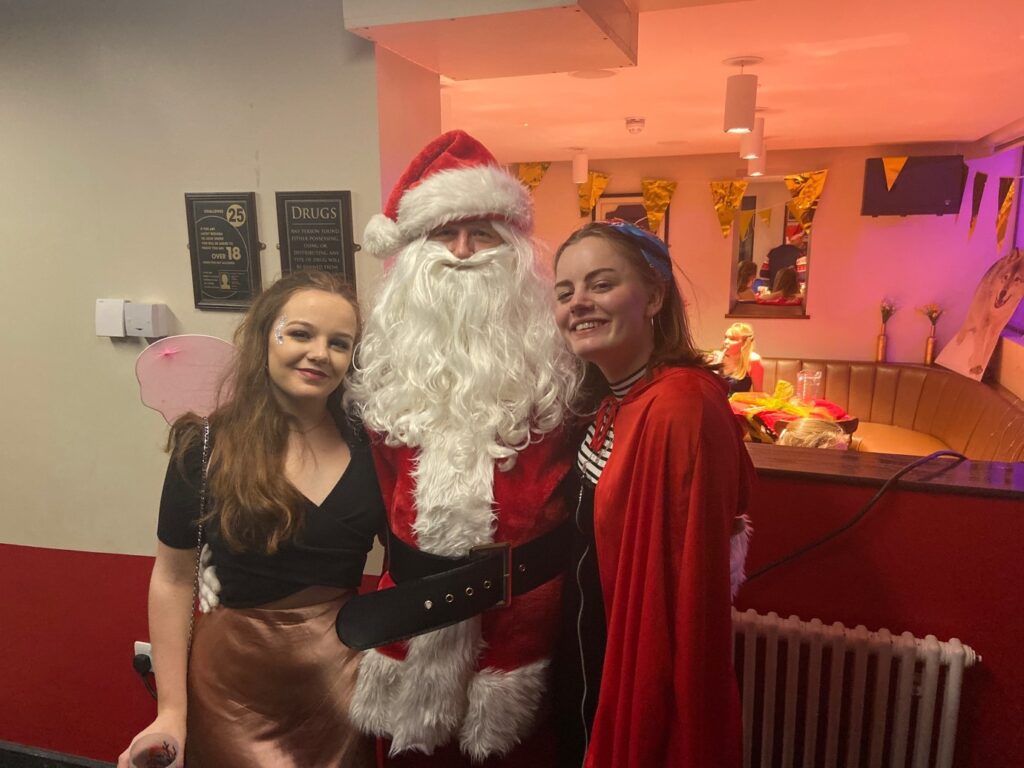
Matriculation
This was one that really confused me, right up until the day I had my matriculation! Your matriculation ceremony simply marks your formal entry into the university. It is held in the cathedral and there are a few speeches to welcome you to the university. After, our fresher’s representatives welcomed us out to loud music and banging pots and pans!
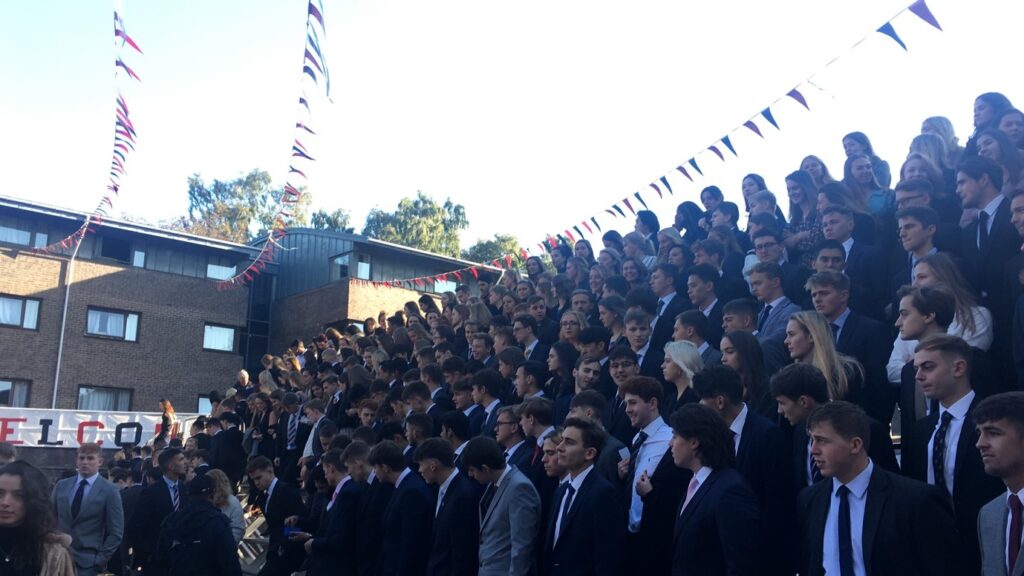
Freps
Freshers Representatives’, a group of highly enthusiastic student volunteers ready to welcome you to freshers week! When I arrived at my college, about four freps descended on my car and took all my stuff up to my room (which was particularly helpful, given I was on the top floor!). They also organise your entire first week!
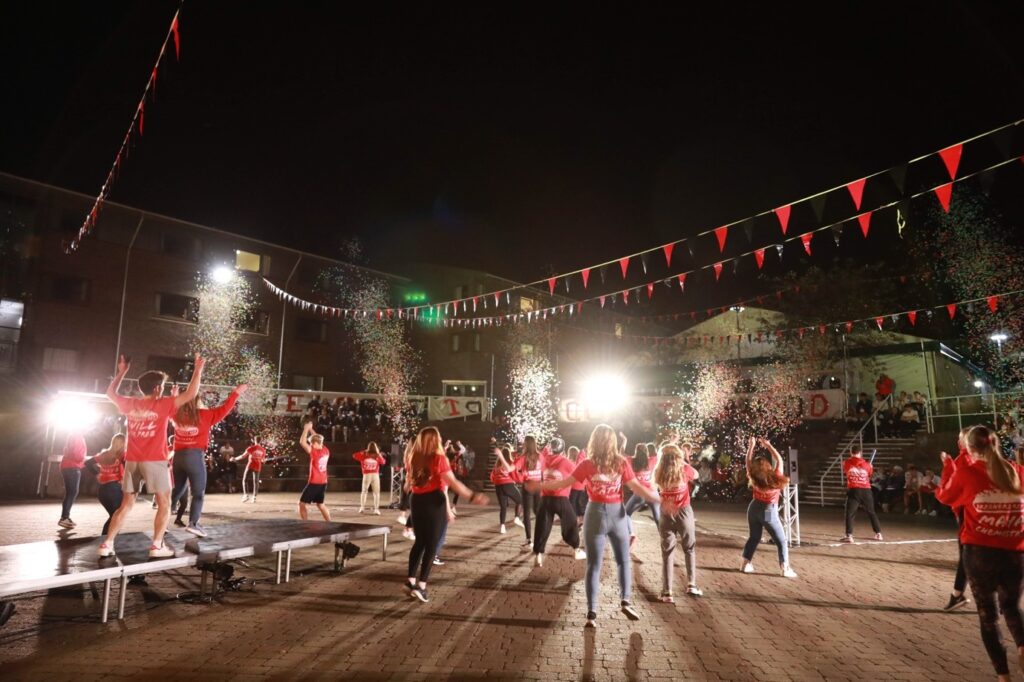
Gowned vs non-gowned
When you arrive at your matriculation, you may notice that some students are wearing gowns and others are not! This is down to your college – some are more informal and don’t carry the tradition of wearing gowns, whereas others are more formal and have gowns both for matriculation and for formal dinners. There’s a list of colleges that are gown and non-gowned here.
Billy B
The Billy B is the fond name that Durham students use for our main library, the Bill Bryson Library. It is home to a wide range of resources to support your research and studies, as well as dedicated study spaces for you to use!

Academic terms
Lecture vs seminar
When I first started thinking about applying to university, I had a very specific image of the teaching in my head: big lecture halls, filled with hundreds of students and one person speaking to the students for about an hour. Now, this isn’t untrue, just less frequent than I thought. I, personally, only have about 4 lectures a week (but this can be more for different subjects!) and the rest of my time is filled with seminars or tutorials. Seminars are smaller groups of students (about 15) that come together to discuss the topics covered in the lecture. I find these really useful to understand and discuss anything that I might have found confusing, or simply interesting in the lecture.
Modules
These are quite simply your choice of topics/classes! When you come to university you will need to choose your modules. Often there are a few compulsory ones, which makes life easier for anyone that is indecisive! Then you can pick the modules that interest you the most, and some departments even let you take a module from outside your degree! Each module generally carries 20 credits (although some vary!). All you have to do is make sure your credits add up to 120 (normally six modules) and everything is sorted!
Academic advisor
Your academic advisor’s role is to help guide you through your degree route. They are there to discuss and advise on any academic struggles you may face, and where you are heading with your degree! You can talk about essay feedback with them, your choice of modules, or simply anything that you need to discuss, as, more than anything, they are a point of contact for you within your department for your needs.
Discover more
Read the Durham Dictionary part two here
Download our latest prospectus and college guide here.
Follow our students on Instagram, TikTok and YouTube.


